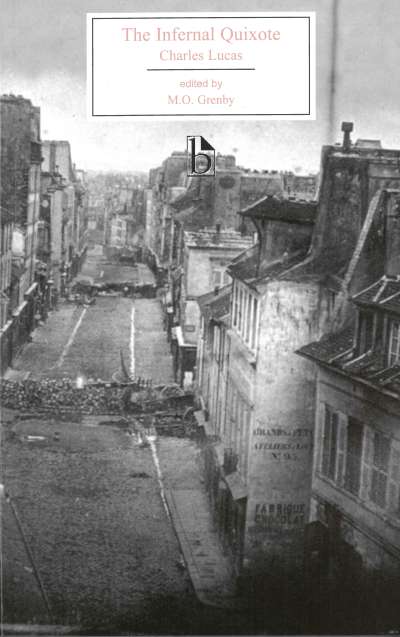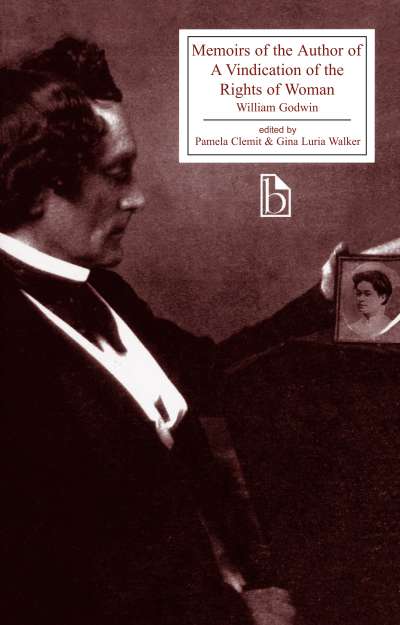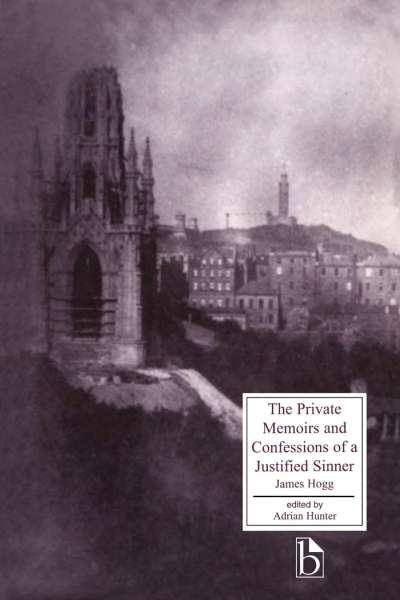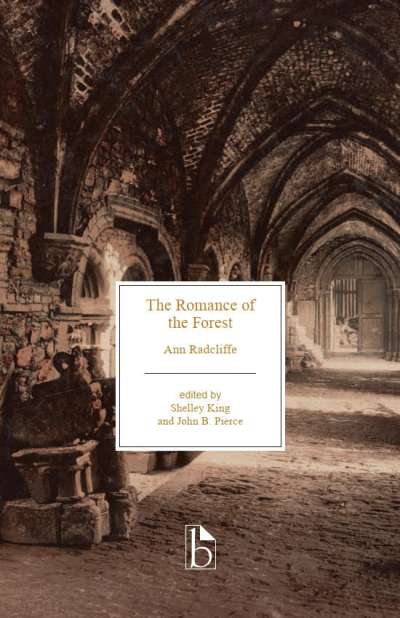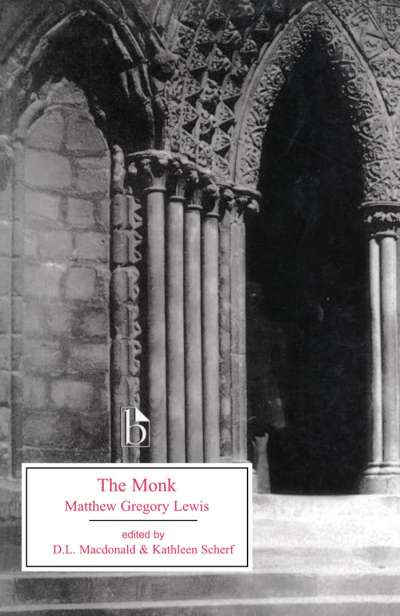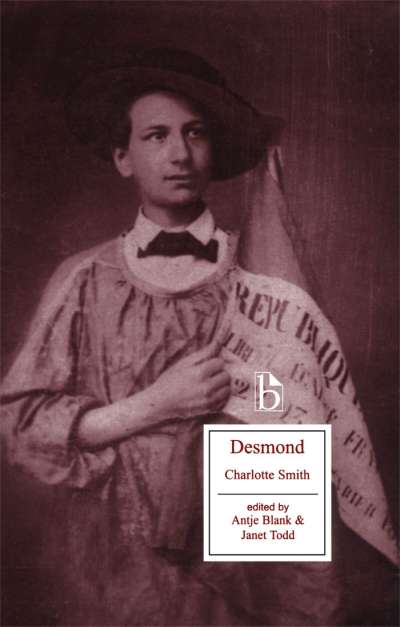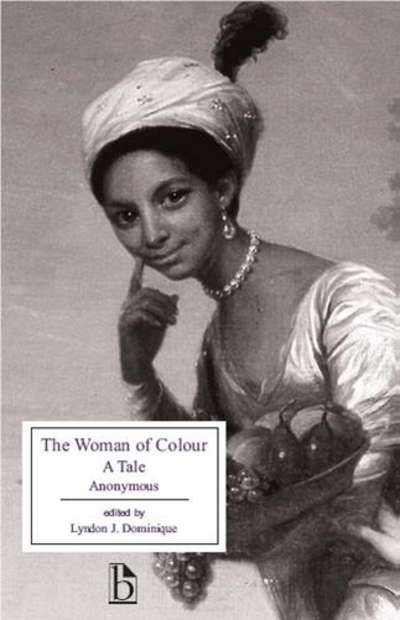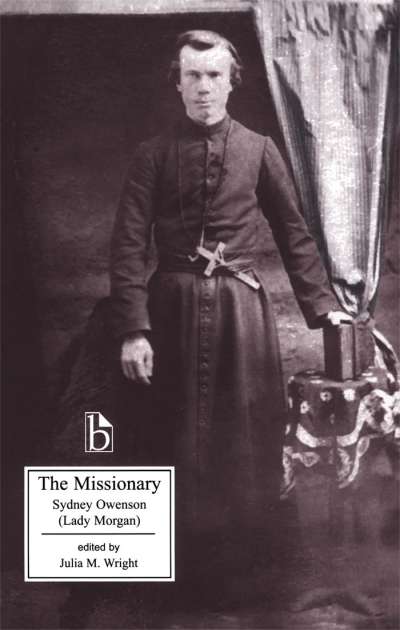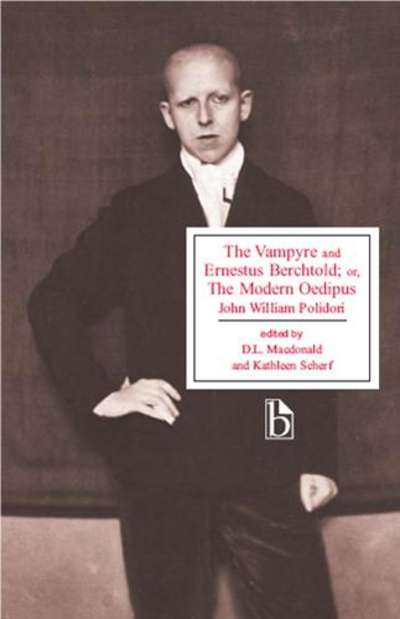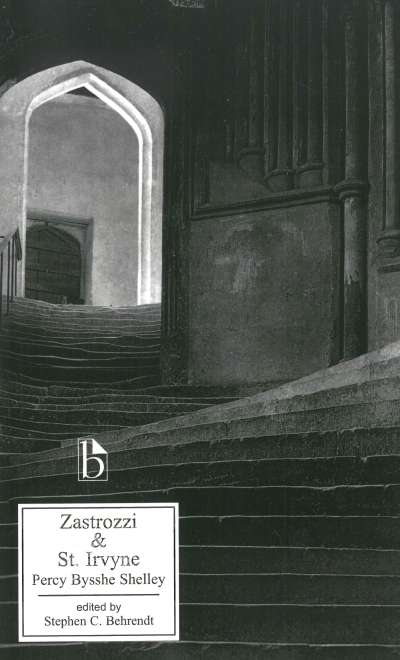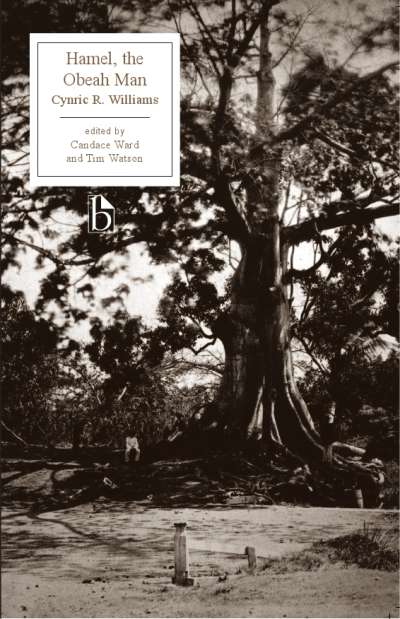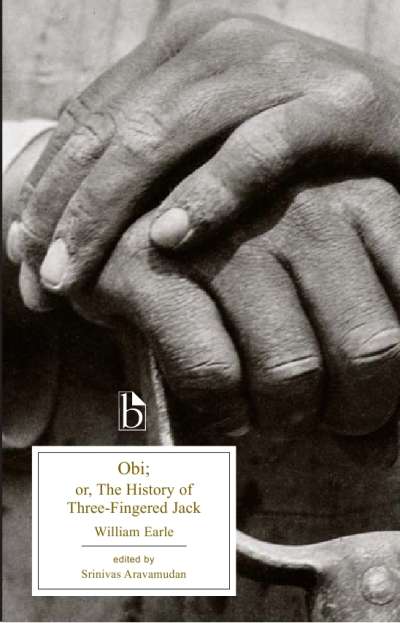William Godwin was one of the most popular novelists of the Romantic era; P.B. Shelley praised him, Byron drew heavily on his narrative style, and Mary Shelley, Godwin’s daughter, dedicated Frankenstein to him.
Caleb Williams is the riveting account of a young man whose curiosity leads him to pry into a murder from the past. The first novel of crime and detection in English literature, Caleb Williams is also a powerful exposé of the evils and inequities of the political and social system in 1790s Britain.
In addition to the text itself, the editors have included an extensive selection of primary source materials from the period, ranging from Godwin’s original manuscript ending and excerpts from his political writings to contemporary reviews, the political writings of Burke and Paine, and materials on criminals and the English prison system.
Comments
“The originality of Caleb Williams will be obvious to the student or general reader who encounters it in this exemplary addition to the Broadview [Editions] series. The editors provide a clear, thorough introduction that places the novel in its political, philosophical, and literary contexts, as well as a chronology and bibliography. Six appendices serve up generous helpings of the fruits of recent scholarship that illuminate the fiction’s relation to things as they were. Providing glimpses of Godwin at work, samples of ardent political discourse of the 1790s, and snippets of narrative by Holcroft, Wollstonecraft, Richardson, Defoe, and less well-known writers, the supplementary materials are fascinating in themselves.” — Rachel M. Brownstein, The Graduate School and University Center, CUNY
Acknowledgments
Introduction
William Godwin: A Brief Chronology
A Note on the Text
Preface to the 1794 Edition
Caleb Williams
Appendix A: The Composition of the Novel
- The Original Manuscript Ending of the Novel
- Godwin’s Account of the Composition of the Novel from
the Preface to the 1832 “Standard Novels” Edition of
Fleetwood
- Godwin’s Account of the Novel’s Aims, from the British
Critic (July 1795)
- Godwin’s Essay, “Of History and Romance” (1797)
Appendix B: The Foundations of the Novel: Godwin’s Political
Philosophy and England in the 1790s
- Select British Responses to the French Revolution
- From Edmund Burke, Reflections on the Revolution in France
(1790)
- From Thomas Paine, Rights of Man (1791)
- From William Godwin, Enquiry Concerning Political Justice
(1793)
- From William Godwin, Enquiry Concerning Political Justice
(1796)
- From Godwin’s Correspondence
Appendix C: Criminal Lives and the State of the Prisons
- From the Account of Jack Sheppard, in The Malefactor’s
Register; or the Newgate Calendar (1779)
- From John Howard, The State of the Prisons (1777)
Appendix D: Literary Influences: Crime and Pursuit Narratives and Scenes of Confrontation
- From Mateo Alemán, Guzmán de Alfarache (1599)
- From The History of Mile, de St. Phale (1691)
- From Daniel Defoe, Colonel Jack (1722)
- From Samuel Richardson, Pamela (1740-41)
- From Thomas Holcroft, Anna St. Ives (1792)
Appendix E: The Influence of Caleb Williams
- From George Colman, The Iron Chest (1796)
- From Mary Wollstonecraft, The Wrongs of Woman: or, Maria (1798)
Appendix F: Contemporary Reviews
- From the Critical Review (July 1794)
- From the British Critic (July 1794)
- From the British Critic (April 1795)
- From the Monthly Review (September 1794)
- From the Analytical Review (January 1795)
- From James Mackintosh, Review of Godwin’s “Lives of
Edward and John Philips,” Edinburgh Review (October
1815)
- From William Hazlitt, The Spirit of the Age (1825)
- Review of the 1831 edition of Caleb Williams, New
Monthly Magazine (May 1831)
Works Cited/Recommended Reading
Gary Handwerk is a Professor of English and Comparative Literature at the University of Washington.
The late A.A. Markley was an Assistant Professor of English at Penn State University, Delaware County. Both have written extensively on Romantic literature, and have edited the Broadview edition of Godwin’s Fleetwood.


